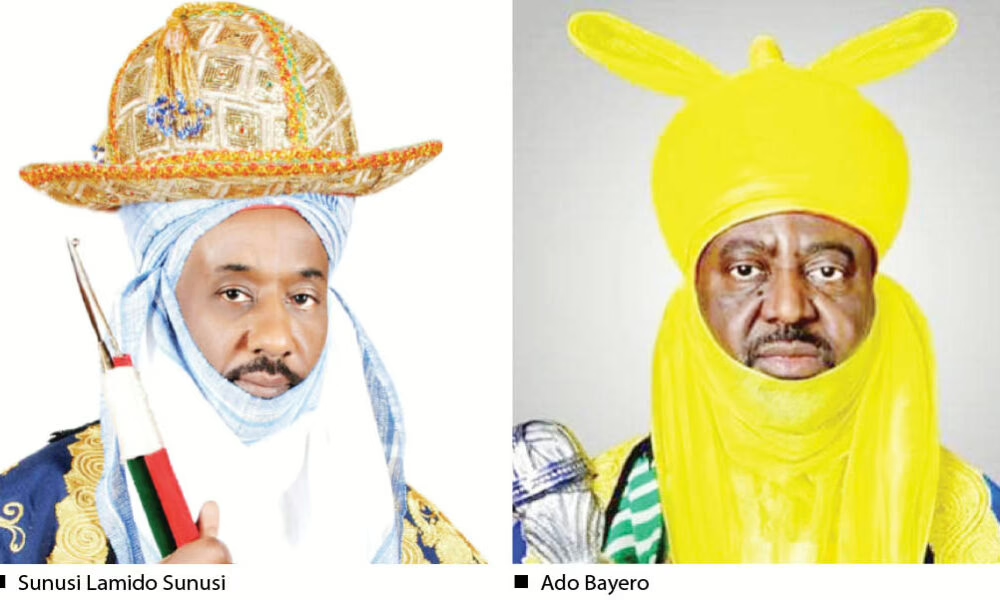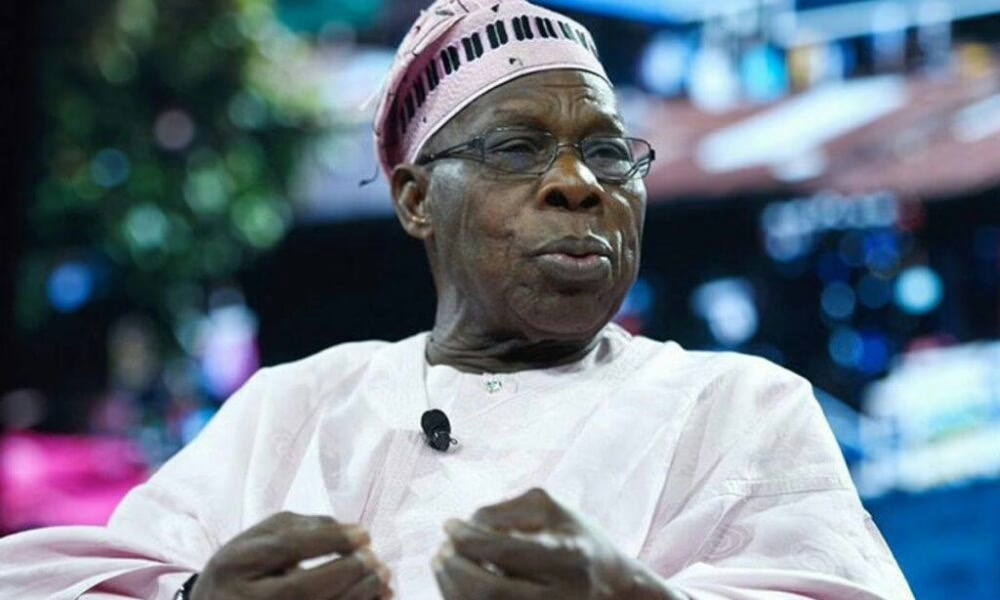By Otunba Abdulfalil Abayomi Odunowo
The heartbreaking video that surfaced recently—a son mercilessly beating his father and a family friend—sent shockwaves through Nigeria, igniting a firestorm of emotions and raising urgent questions about familial relationships and societal values.
For many, it represents a disturbing trend in which children, often raised in a culture of indulgence and excess, ultimately turn against their parents in acts of violence that are unthinkable in traditional contexts.
As I reflected on this tragic incident, I couldn’t help but feel profoundly sad, not just for the individuals involved but for a society that appears to be losing its way.
Much of the blame, I believe, can be attributed to a pervasive misunderstanding of what it means to provide for our children. In an attempt to offer them what we thought we didn’t have—material possessions, comfort, and opportunities—many parents have veered into the territory of spoiling their children.
The notion that love equates to unchecked freedom and material abundance is thoroughly misguided.
We often present our children with everything that glitters, forgetting that the true essence of support lies in guidance, discipline, and the cultivation of character.
As a result, many children grow up lacking the fundamental virtues that shaped us, such as respect, empathy, and responsibility.
The rich tapestry of Nigerian cultures—from Yoruba to Hausa, Fulani, Igbo, and Ibibio—teaches us that discipline is a cornerstone of upbringing.
These traditions value not only the provision of physical needs but also emphasize the importance of moral education and ethical living.
In Nigerian culture, respect for elders and a sense of community are fundamental principles that shape behavior and interactions.
However, this has been overshadowed by the allure of Western ideals, which often prioritize individualism and self-assertion over collective harmony and responsibility.
Unfortunately, many parents, in the quest to ensure a better life for their offspring, inadvertently adopt practices that conflict with these cultural values.
Advertisement
As I observe the unfolding cultural clash, it becomes evident that Western civilization, while offering advancements and conveniences, has also propagated a framework often devoid of the morals and responsibilities that foster healthy relationships and community-oriented individuals.
This is not to refute the benefits of Western education or progressive values; rather, it is a call to examine the pitfalls that come with uncritical adoption.
The unravelling of traditional values—such as respect for the authority of parents and the teachings of elders—is contributing to patterns of behavior that are patently concerning.
For prospective parents, the lesson here is unequivocal: returning to our roots is imperative. Engaging with the wisdom of our cultures can provide a blueprint for raising children who not only succeed in life but also understand the importance of moral values. This does not mean rejecting all modern influences, but rather integrating them with a consciousness of our cultural heritage.
The teachings of our elders—the proverbial “It takes a village to raise a child”—should be revived, reinforcing the importance of community in nurturing the next generation.
Discipline, when applied with love and respect, cultivates a sense of responsibility in children. It helps them learn to navigate the complexities of life with humility and integrity.
As parents, we must prioritize teaching the distinction between needs and wants, instilling a sense of gratitude rather than entitlement. Encouraging our children to interact with a variety of experiences, whether through community service or involvement in cultural activities, can build character and emphasize the importance of shared humanity.
This painful episode of a son attacking his father serves as a wake-up call.
It symbolises a broader issue threatening the fabrics of our society—one that hinges on the necessary balance between providing for our children and instilling values that endure.
As we reflect on our painful past and navigate the uncertain future, we must remember to anchor our parenting in the rich traditions that have guided generations before us.
Only then can we hope to raise children who respect their parents, appreciate their heritage, and contribute positively to the society as a whole.
The path forward lies not in abandoning our cultures for fleeting modernity but in harnessing the strength of our collective values to foster a kinder, more humane world.
Otunba Abdulfalil Abayomi Odunowo
National Chairman AATSG writes from Lagos











